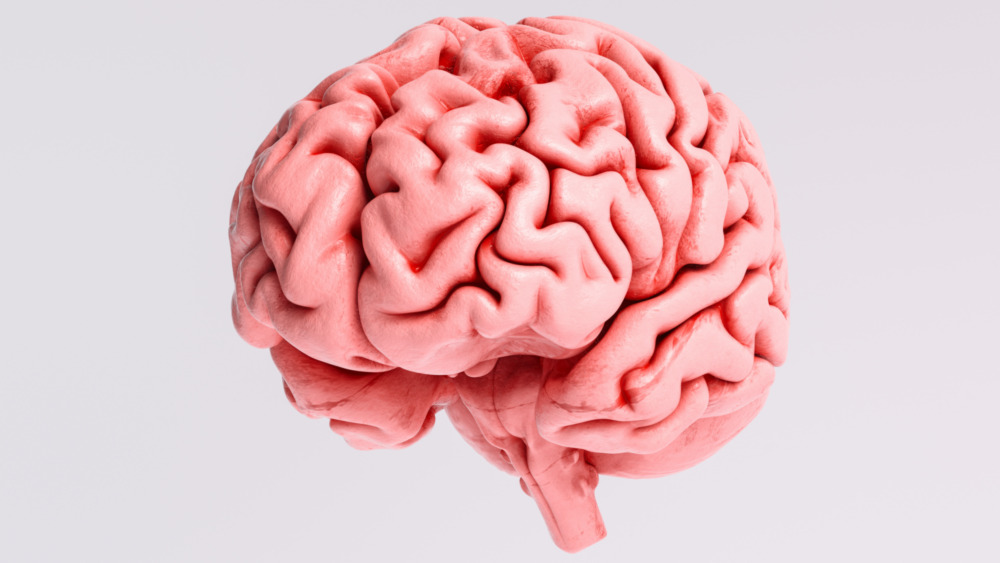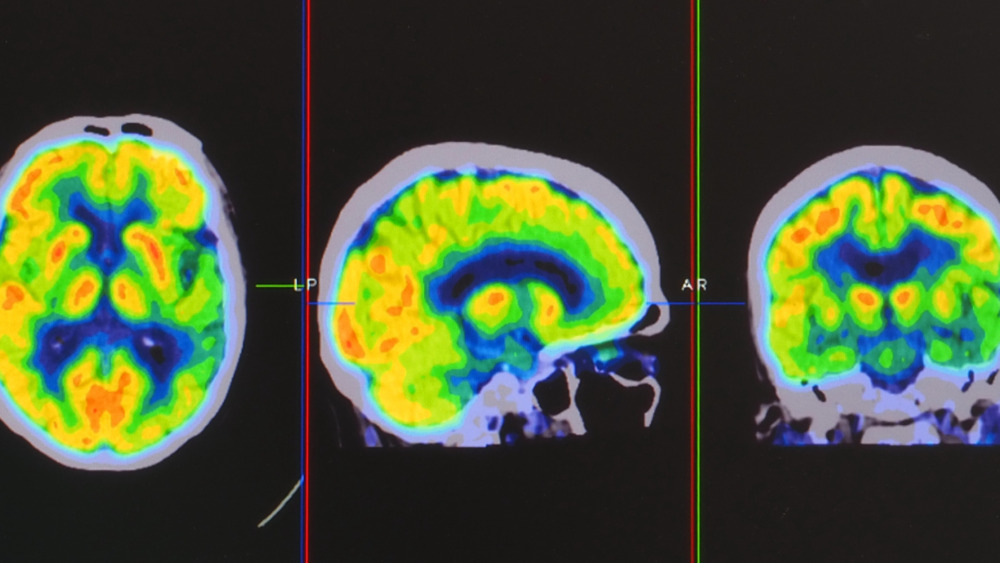Your Brain May Realize You're Dead. Here's How
In 2014, scientists performed the largest-ever study concerning the experiences of people declared dead but then brought back to life after their hearts had stopped. Referred to as AWARE, short for AWAreness during REsuscitation, the study examined 2,060 instances of cardiac arrest and interviewed 140 survivors in the study's stage one and 101 of that original 140 in stage 2. Results were published in the European Resuscitation Council's journal Resuscitation.
Those results found that cardiac arrest survivors "commonly experience a broad range of cognitive themes, with two percent exhibiting full awareness," meaning they "saw" and "heard" the attempts being made to resuscitate them. A total of 46 percent of respondents experienced memories during the resuscitation, and nine percent had near-death experiences. Essentially, people may actually be conscious despite consciousness being clinically undetectable.
The study hopes to contribute to the body of knowledge regarding cognitive deficits, including post-traumatic stress disorder, in people who have survived cardiac arrest and how these are related to cognitive experiences and consciousness during CPR.
Near death experiences give insight into what happens when people die
CBC/Radio Canada interviewed Dr. Sam Parnia, the lead author of the Resuscitation paper who headed up the AWARE study. Dr. Parnia's ongoing research focuses on critical cardiac care and near-death experiences; he's the author of the book What Happens When We Die. Cardiac patients have been his main focus because ""technically, that's how you get the time of death — it's all based on the moment when the heart stops." Of the patients interviewed, "some recounted exactly what was going on around them after being pronounced dead." Their memories were later corroborated by medical staff who had treated them.
Of the nine percent who described near-death experiences, several described the stereotypical scenario of floating out of their body toward a bright light while still feeling lightly tethered to the corporeal form. Dr. Parnia told the CBC that his research is part of a larger body within the field of awareness and its presence in cases of clinically undetectable consciousness. Furthermore, despite the common outcome of post traumatic stress, "people who've had these very profound experiences may come back positively transformed — they become more altruistic, more engaged with helping others. They find a new meaning to life having had an encounter with death." Dr. Parnia hopes this sort of research will lead to data that will be applicable and helpful when it comes to the study of death.

